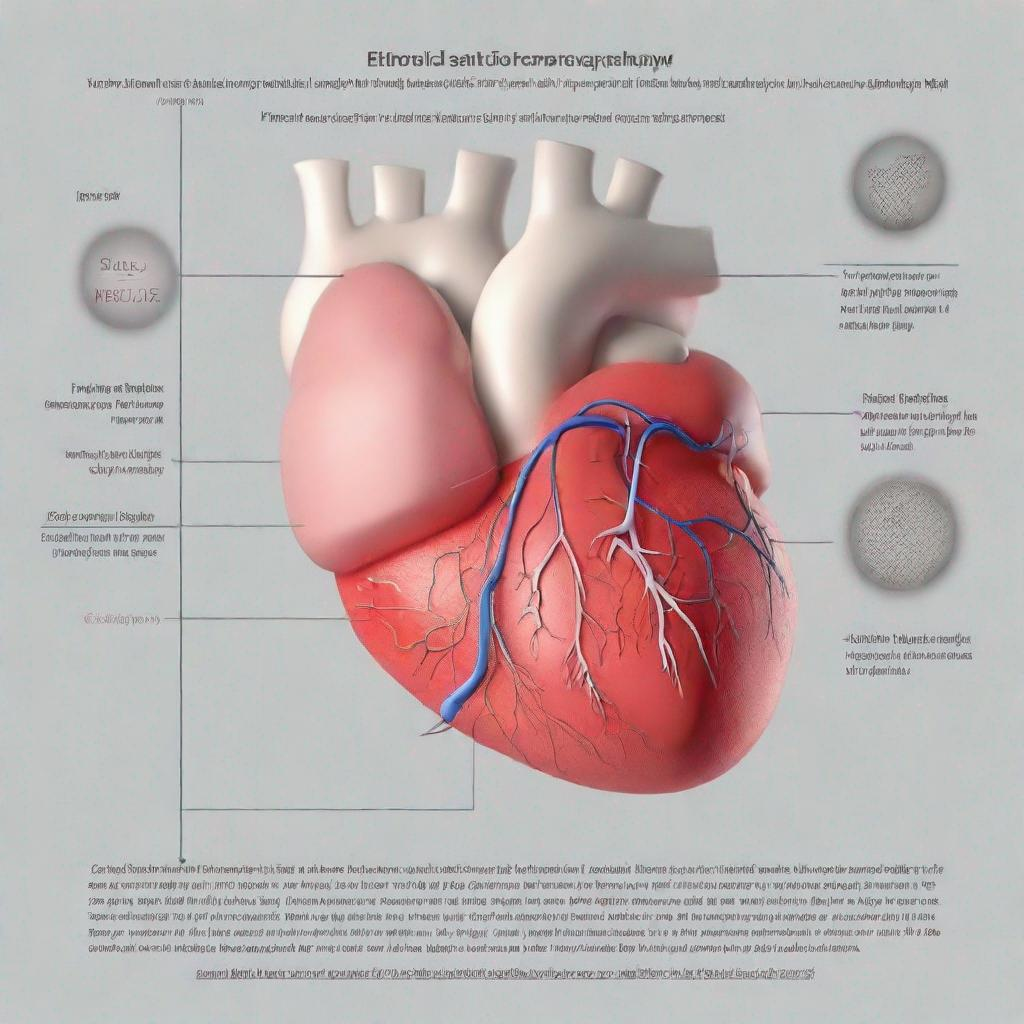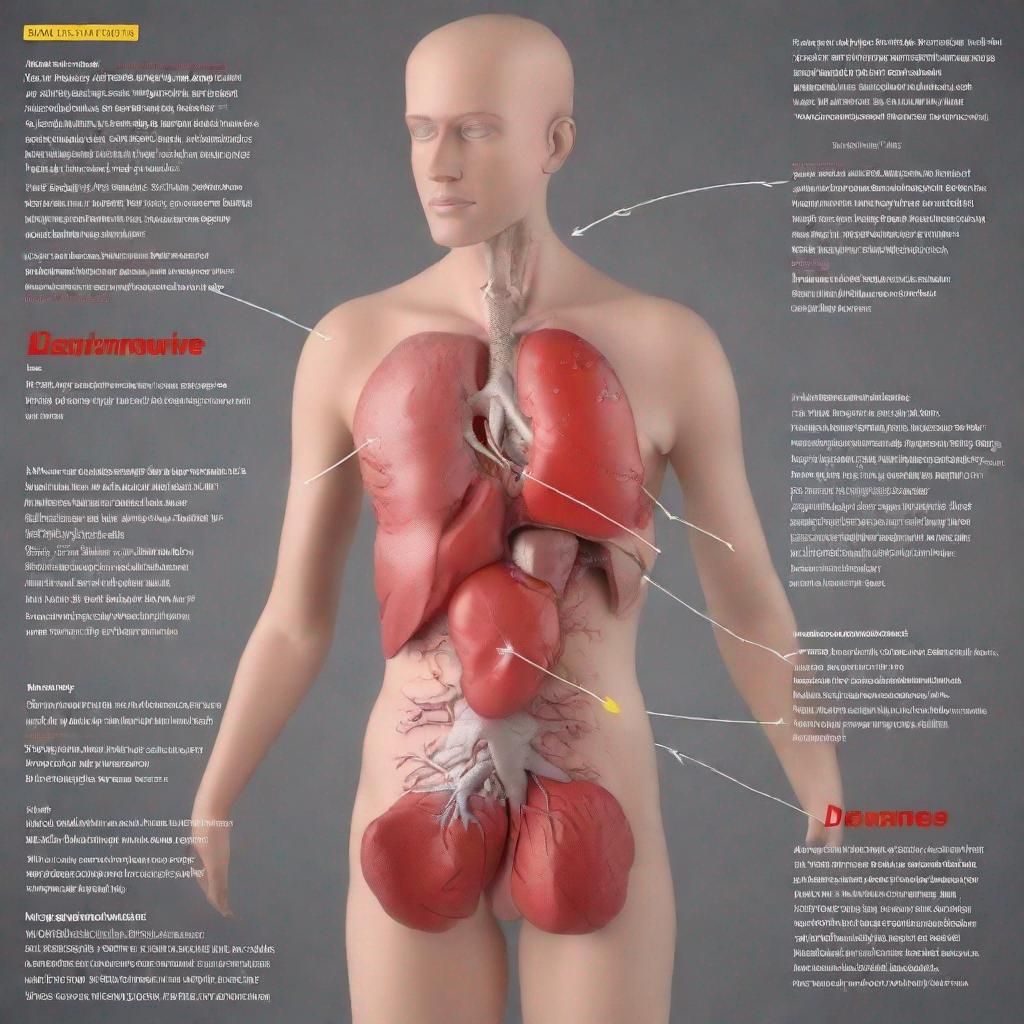## Amylase Isoenzymes Test: A Comprehensive Guide for Patients
**Introduction**
The amylase isoenzymes test is a crucial diagnostic tool that provides valuable insights into the health of your pancreas and salivary glands. By measuring the levels and specific types of amylase in your blood, this test helps healthcare providers assess various conditions and diseases affecting these organs.
**Test Overview**
Amylase is an enzyme produced by the pancreas and salivary glands. The pancreas is responsible for producing most of the amylase in the body, while the salivary glands produce a smaller amount. When these organs are injured or diseased, they may release excessive amounts of amylase into the bloodstream.
The amylase isoenzymes test measures the total amylase level in your blood and also identifies the different types of amylase present. This information helps healthcare providers determine the source of elevated amylase levels and make an accurate diagnosis.
**Conditions and Diseases Detected**
The amylase isoenzymes test can help detect various conditions and diseases affecting the pancreas and salivary glands, including:
– Acute pancreatitis
– Chronic pancreatitis
– Pancreatic cancer
– Alcoholic pancreatitis
– Liver disease
– Mumps
**Preparation Guidelines**
Before undergoing the amylase isoenzymes test, it is important to follow specific preparation guidelines:
– Fasting: You may be required to fast for 8-12 hours before the test to ensure accurate results.
– Avoid drinking alcohol: Alcohol can interfere with the test results.
– Inform your healthcare provider: Inform your healthcare provider about any medications or supplements you are taking, as they may affect the test results.
**Procedure**
The amylase isoenzymes test involves a simple blood draw. A healthcare professional will collect a small amount of blood from a vein in your arm. The blood sample will then be sent to a laboratory for analysis.
The test is generally safe and painless, and most patients experience no discomfort.
**Duration and Waiting Time**
The blood draw for the amylase isoenzymes test typically takes a few minutes. The results may be available within a few hours or days, depending on the laboratory’s processing time.
**Additional Tests**
In some cases, your healthcare provider may recommend additional tests along with the amylase isoenzymes test to obtain a more comprehensive assessment of your health. These tests may include:
– Lipase
– Liver function tests
– Imaging tests
**Conclusion**
The amylase isoenzymes test is a valuable tool for diagnosing a range of conditions and diseases affecting the pancreas and salivary glands. By measuring the levels and specific types of amylase in your blood, this test helps healthcare providers make informed decisions about your healthcare.
If you are experiencing symptoms such as abdominal pain, nausea, vomiting, or diarrhea, your healthcare provider may order an amylase isoenzymes test to assess your pancreas and salivary gland health. Discuss with your healthcare provider whether this test is right for you and how the results could impact your treatment plan.



